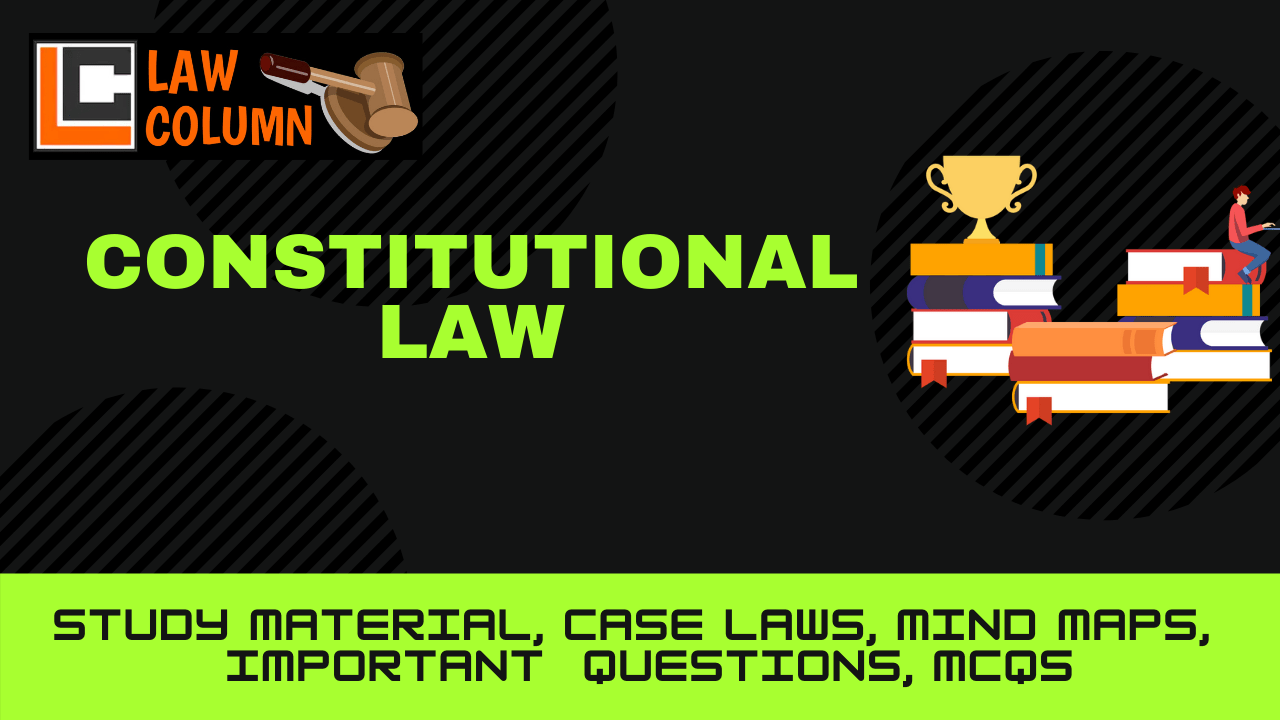fundamental duties of Indian citizens
The 11 Fundamental Duties of Indian Citizens
Fundamental Duties were incorporated within the Indian Constitution by the 42nd amendment. There are 11 Fundamental Duties for Indian Citizens drafted on the lines of ethical , ethical and culture code of conduct followed by people. The duties are educative in nature and direct the citizens to behave during a virtuous and honorable manner.
Fundamental duties basically imply the moral obligations of all citizens of a rustic and today, there are 11 fundamental duties in India, which are written partially IVA of the Constitution, to plug patriotism and strengthen the unity of India.
Originally, the essential duties of India wasn’t an area of the Indian Constitution, in fact, they were added by the 42nd and 86th Constitutional Amendment Acts. The list of fundamental rights and duties and thus the Directive Principles of State Policy are sections of the Indian Constitution that elaborate on the essential obligations of the states to its citizens, in conjunction with the duties and rights that they hold as Indian citizens.
The Indian Constitution which is additionally mentioned because the Law of the Land traces its significant emergence within the year 1946 when the primary meeting of the constituent assembly was held post the grant independence of India. The constituent assembly onboard Dr. Rajendra Prasad as its president. the thought to elucidate the constitutional supremacy required a physical representation and hence on 29th August 1947, a drafting committee was appointed. Dr. BR Ambedkar was elected because the Chairman of the Drafting Committee to understand a permanent and arranged constitution. The underlying features of the constitution upon which the drafting committee kept it’s consider was Republican State, Parliamentary Supremacy, an independent judiciary , Fundamental Rights, and a Federal System.
On 4th November 1947, the drafting committee submitted the initial draft of the constitution and thus the last word draft was submitted on 26th November 1949. On 24th January 1950, the handwritten Constitutional Draft, submitted by the Drafting Committee, got signed and came into legal force on the 26th January 1950.
The Constitution of India is taken under consideration to be the longest constitution within the world contains a Preamble, 25 Parts in conjunction with 12 Schedules, 448 Articles and 101 Amendments till now. At the time of its origin, it had only 385 Articles in 22 Parts and eight Schedules. The formulation of the Indian Constitution gained inspiration from different constitutions from various countries taking 2 years 11 months and 18 days to finish the supreme law of the land.
The Fundamental Duties were added in 1976, upon recommendation of the Swaran Singh Committee, that was constituted by Gandhi just after the declaration of national emergency, to review and amend the constitution.
This committee was under the Chairmanship of Sardar Swaran Singh, India’s longestserving union cabinet minister. supported his recommendations, the govt. incorporated several changes to the Constitution including the Preamble, through the 42nd Amendment, including the essential duties under the Indian Constitution.
However, by the 86th Amendment in 2002, the primary 10 duties were then increased to 11, under Article 51A, Part IVA of the Constitution of India. the ten fundamental duties are as follows:
- To oblige with the Indian Constitution and respect the anthem and Flag
- To cherish and follow the noble ideas that inspired the national struggle for freedom
- to guard the integrity, sovereignty, and unity of India
- To defend the country and perform national services if and when the country requires
- to plug the spirit of harmony and brotherhood amongst all the people of India and renounce any practices that are derogatory to women
- To cherish and preserve the rich national heritage of our composite culture
- to protect and improve the natural environment including lakes, wildlife, rivers, forests, etc.
- To develop scientific temper, humanism, and spirit of inquiry
- To safeguard all property
- To strive towards excellence altogether genres of individual and collective activities
Practically speaking, it had been a wise decision to form fundamental duties nonenforceable, especially when the Directive Principles of State Policy within the Constitution, are made nonenforceable also . In fact, the rationale for not making these duties enforceable is because the majority of the population being illiterate in India, many are unaware of their Constitutional obligations.
During this scenario, if the essential duties were enforced, it’d have resulted in causing chaos and harassment among people. Also, implementing these elemental duties would are tough, because the essential Duties mentioned in Article 51A, lack proper explanation and for various people, these duties are vulnerable to be interpreted in many various ways. Moreover, the essential duties enlisted is wholly enthusiastic to the performance of the State and thus the Directive Principle of State Policy.
If the State is unable to supply an accurate climate that elaborates on the essential duties, then to follow these duties properly will pose a true problem. These duties aren’t legally enforceable, which suggests that if a citizen of India violates any of them, no action are often taken against him/her.
The 11 fundamental duties aren’t merely the expression of morals or religion. There was a judgment by the Supreme Court which said that if someone had genuine religious obligations, which may be placed above patriotism, then nobody can force them to sing the anthem.
It is a citizen’s responsibility to understand that it’s in their own interest to perform their duties and discharge their 134 legal and constitutional obligations wholeheartedly because only by doing so, individually, can they assist the expansion of the democratic republic collectively.
Citizens are expected to behave in accordance with the proper code of conduct parallel to the 11 fundamental duties and no action are often initiated for nonperformance. With the independence of India, dawned the “Ganatantra Raj”, which made each folks responsible for the happiness and welfare of our people.
Author: Aryan Kapadiya,
Navrachna University 1st year

